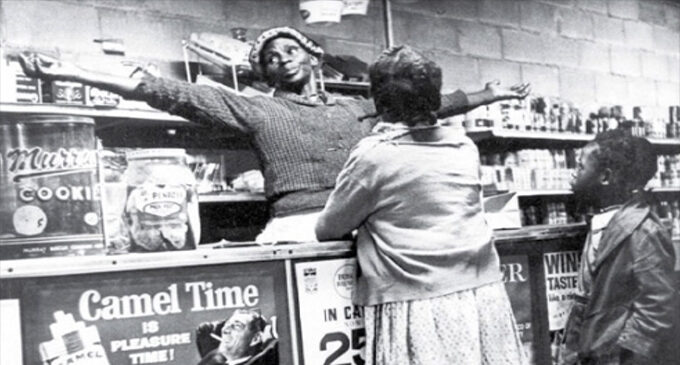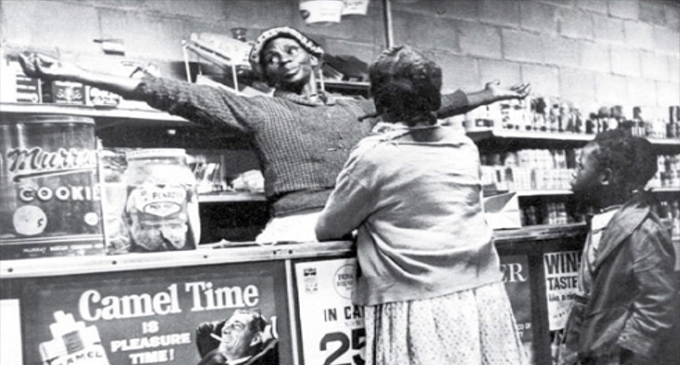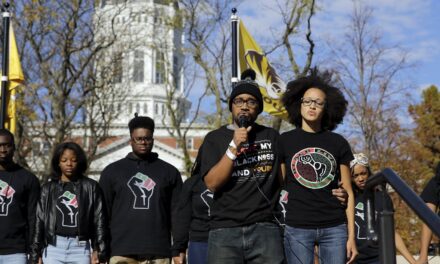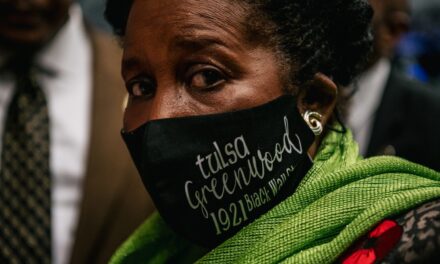
Alice Wine teaches at a Citizenship School on Johns Island, S.C. She wrote “Keep Your Eyes on the Prize.”

By David Winship
Imagine enslavement of the human spirit. Imagine bondage. Imagine a hard life of work under the whip, under demands that tear out one’s heart and soul. Then imagine the relief, for only a moment, that singing can bring.
Imagine a vision, brought forth from stories of escape and liberation, liberation not only of body but of soul. This is a shared liberation with your fellows who are also enslaved, the relief and joy that comes in singing about the possibility of freedom.
This is the foundation of the spirituals for our ancestors who were enslaved in the rural South, who worked the plantations, who served in the houses, who bore children only to have them taken and sold away. The spirituals, sung in secret, sung to the stories of the children of Israel who were enslaved in Egypt and led out to the Promised Land, to a land of freedom beyond the river. These are the songs that provided temporary relief and permanent hope.
The songs that provided inspiration, hope and social coherence during the Civil Rights Movement era of the 1950s and 1960s were largely drawn from the deep canon of African American spirituals. These songs that had grown largely from shared and unattributed sources, formed in the fields of pre-Civil War time, were sung during worship services, often clandestine. Their emergence for renewal during the decades of struggle for civil rights and justice shows their resilience and historical importance.
One of the most recognized songs is “We Shall Overcome,” which continues to be sung at many civil rights recognition events. The song likely originated on the Sea Islands of South Carolina, in a spiritual that was sometimes called “I’ll be alright.” Early gospel composer Charles Albert Tindley at the turn of the 20th century arranged it as “I’ll Overcome Someday.” The song entered the social justice canon through a South Carolina garment union strike of the 1930s, carried forth by Lucille Simmons, one of the strikers. Zilthia Horton of the Highlander Folk School in Tennessee heard the song and through the workshops of Highlander, the song emerged as a major civil rights song.
Many of the spirituals drew inspiration from biblical references, such as the song “I’ll Study War No More,” also known as “I Shall Not Be Moved.” Drawing on several references, such as “like the tree planted by the water” in Jeremiah or Psalm 1, and “studying war no more,” as in Isaiah, the spirituals conveyed the sense of direction and protection during times of enslavement, also inspirational during 20th century times of social justice.
The spiritual “Gospel Plow,” which says to not look back, drew inspiration from the 9th chapter of Luke. Also known as “Hold On” and “Keep Your Hand on the Plow,” the song emerged as “Keep Your Eyes on the Prize.” Origins are traceable to the South Carolina Sea Islands by Alice Wine, who was part of the Progressive Club on John’s Island, South Carolina, a site of one of the Citizenship Schools of the 1950s. The lyrics developed through the oral and the call-and-response traditions, resulting in a variety of lyrical interpretations.
When Dr. King invoked “Free at Last” from “the old Negro spiritual” during his historic “I Have a Dream” speech in Washington, D.C. in 1963, he was drawing inspiration from the songs which had raised spirits and given hope during the darkest of times. As recognized by a prominent 20th-century musical arranger and spirituals historian, J. Jefferson Cleveland, “Out of the reservoir of Negro spirituals were created the freedom songs of the nonviolent movement of the South during the peak of the demonstrations for social justice and human dignity.”
David Winship is a retired public-school educator living in Bristol, Tennessee. He has taught traditional Appalachian music history at the post-secondary level. He is a member of Winston-Salem Writers.




